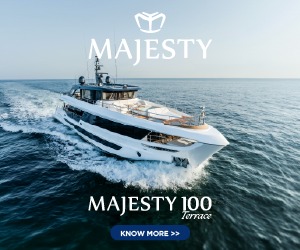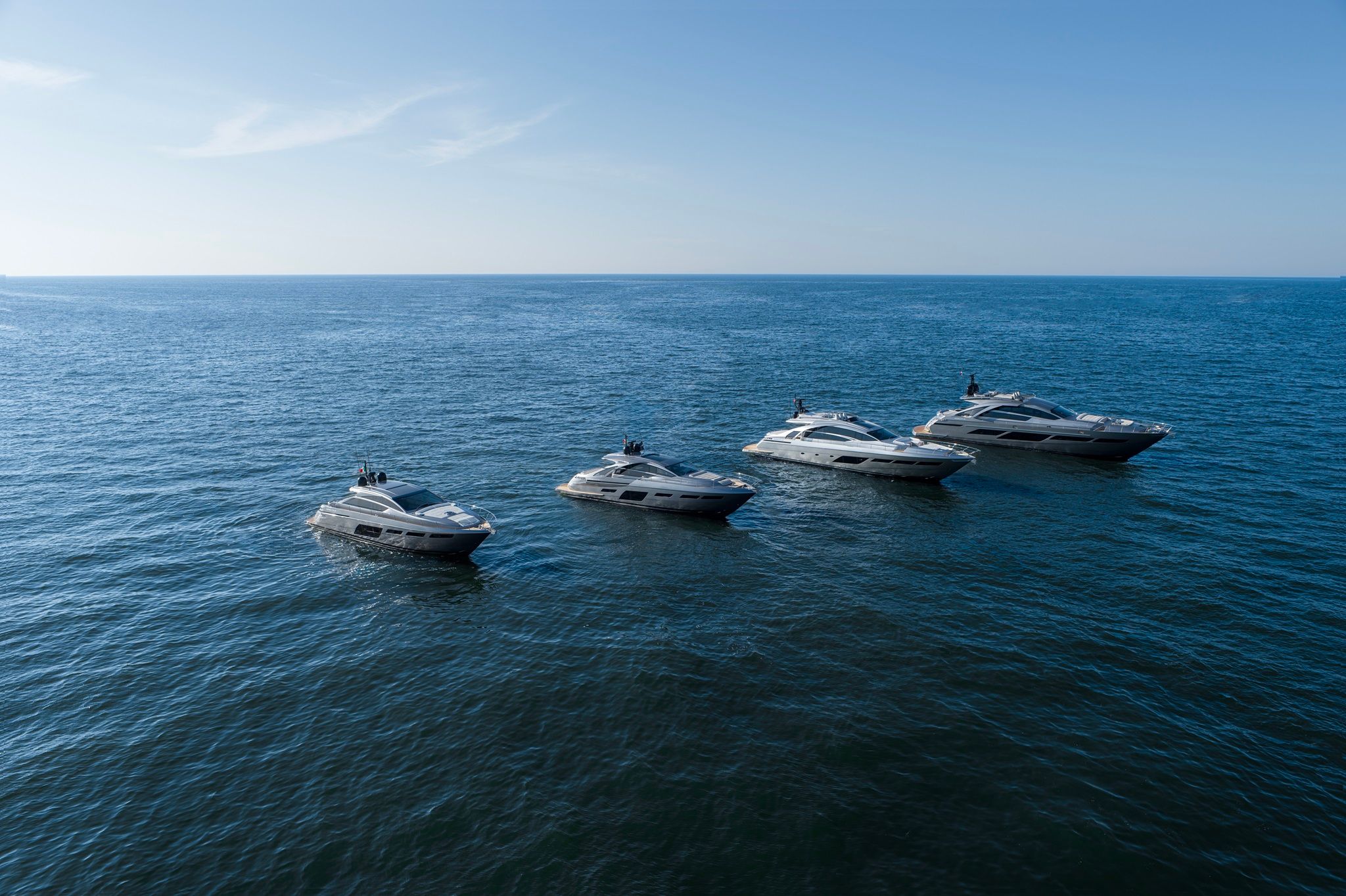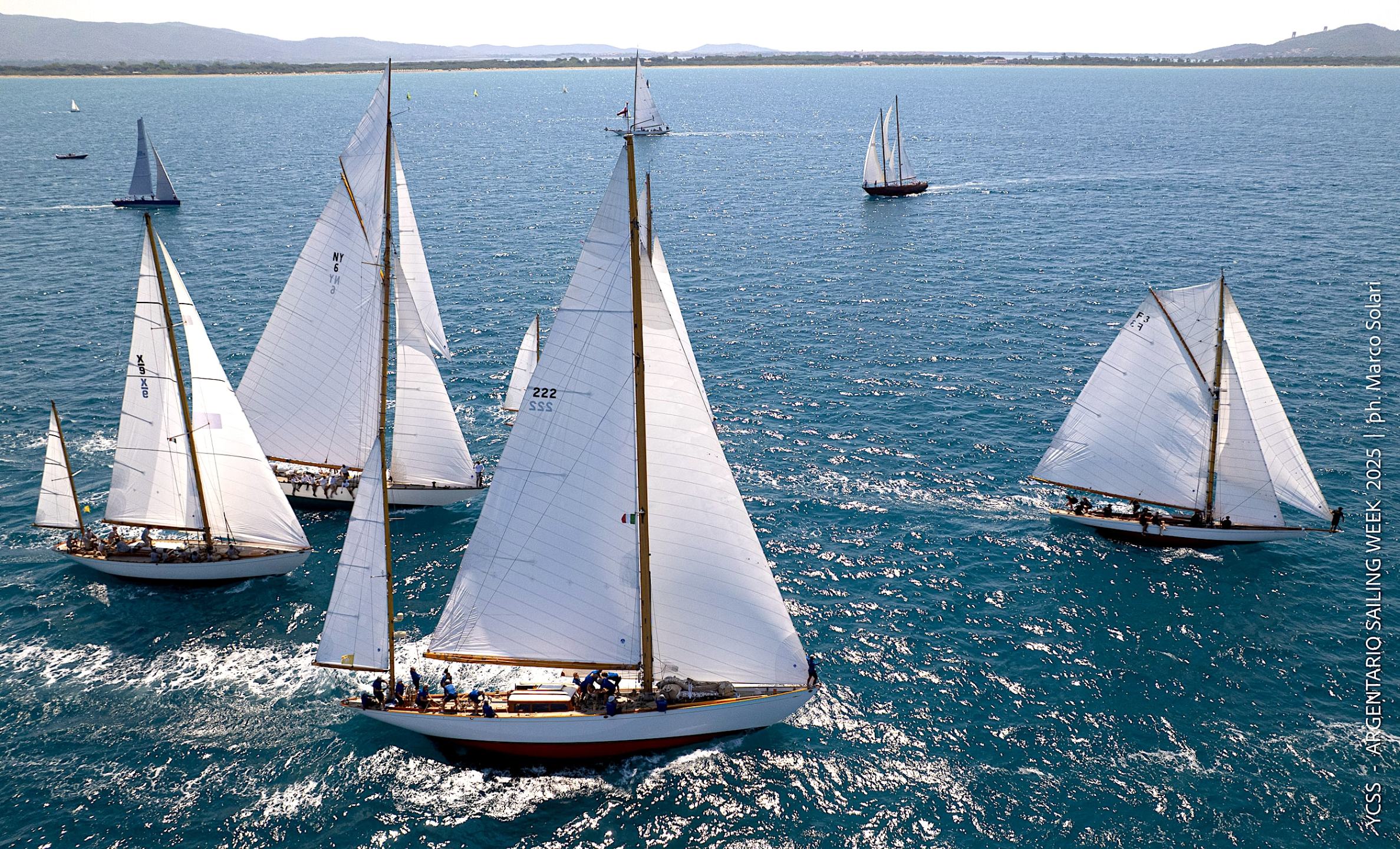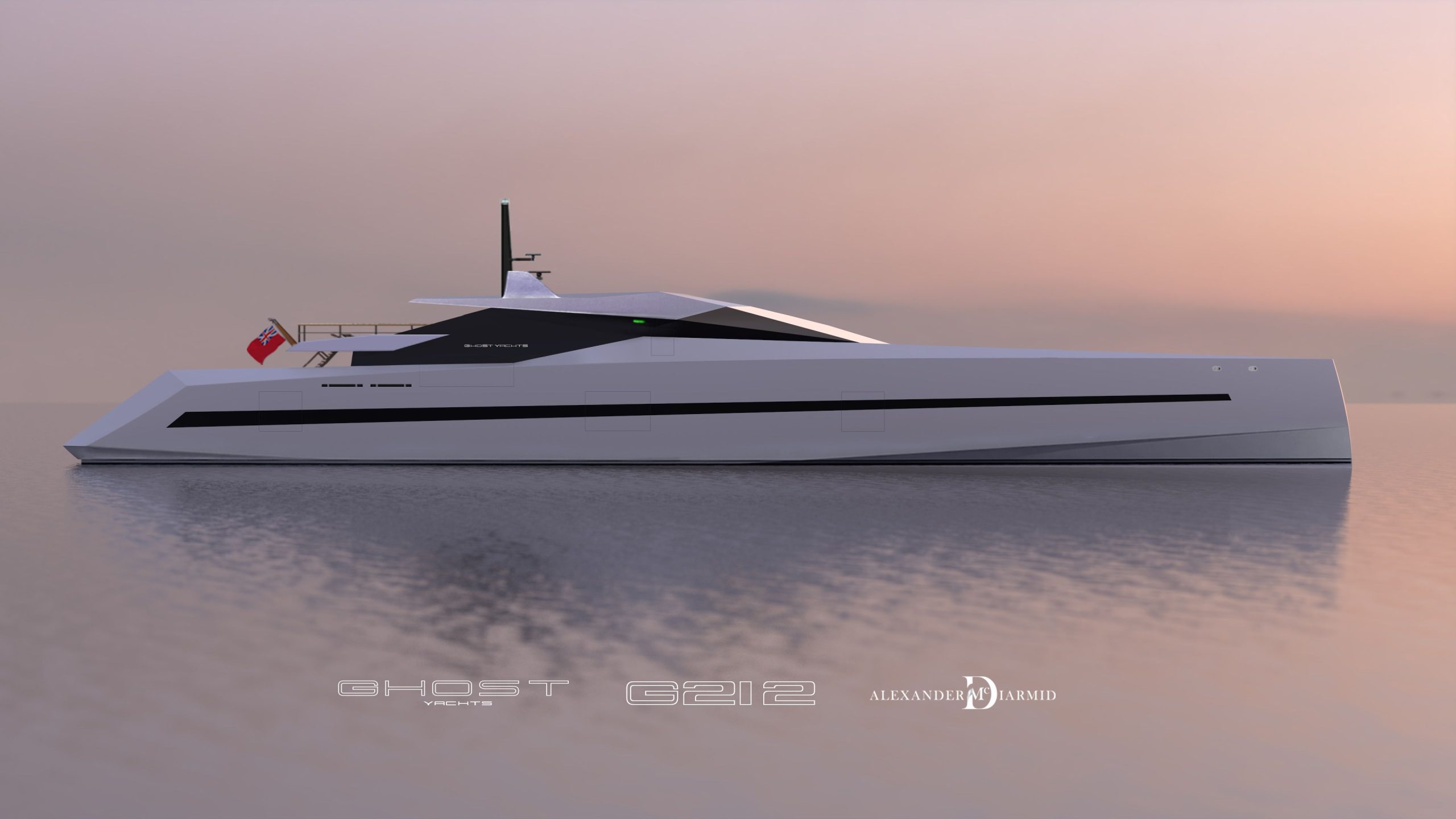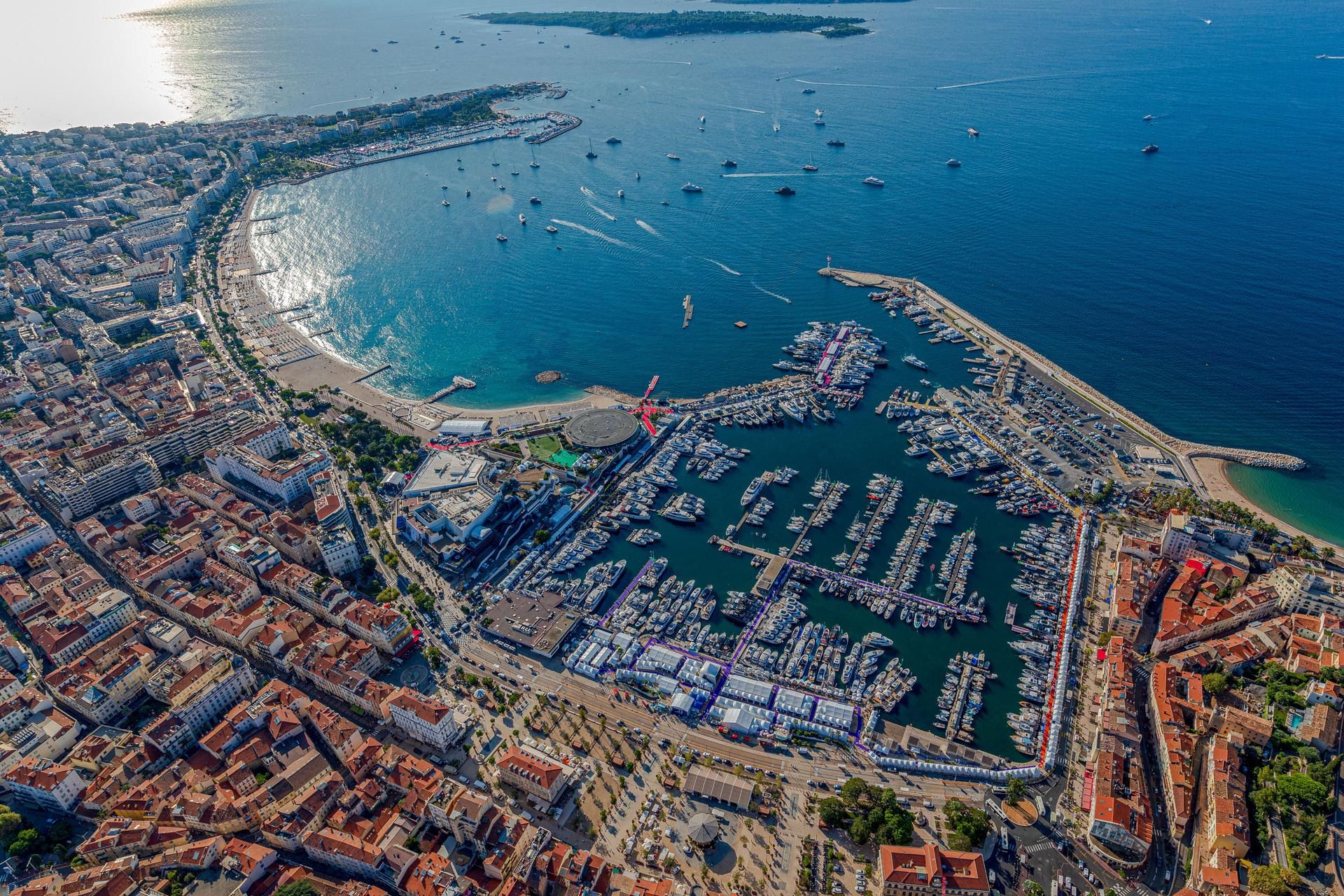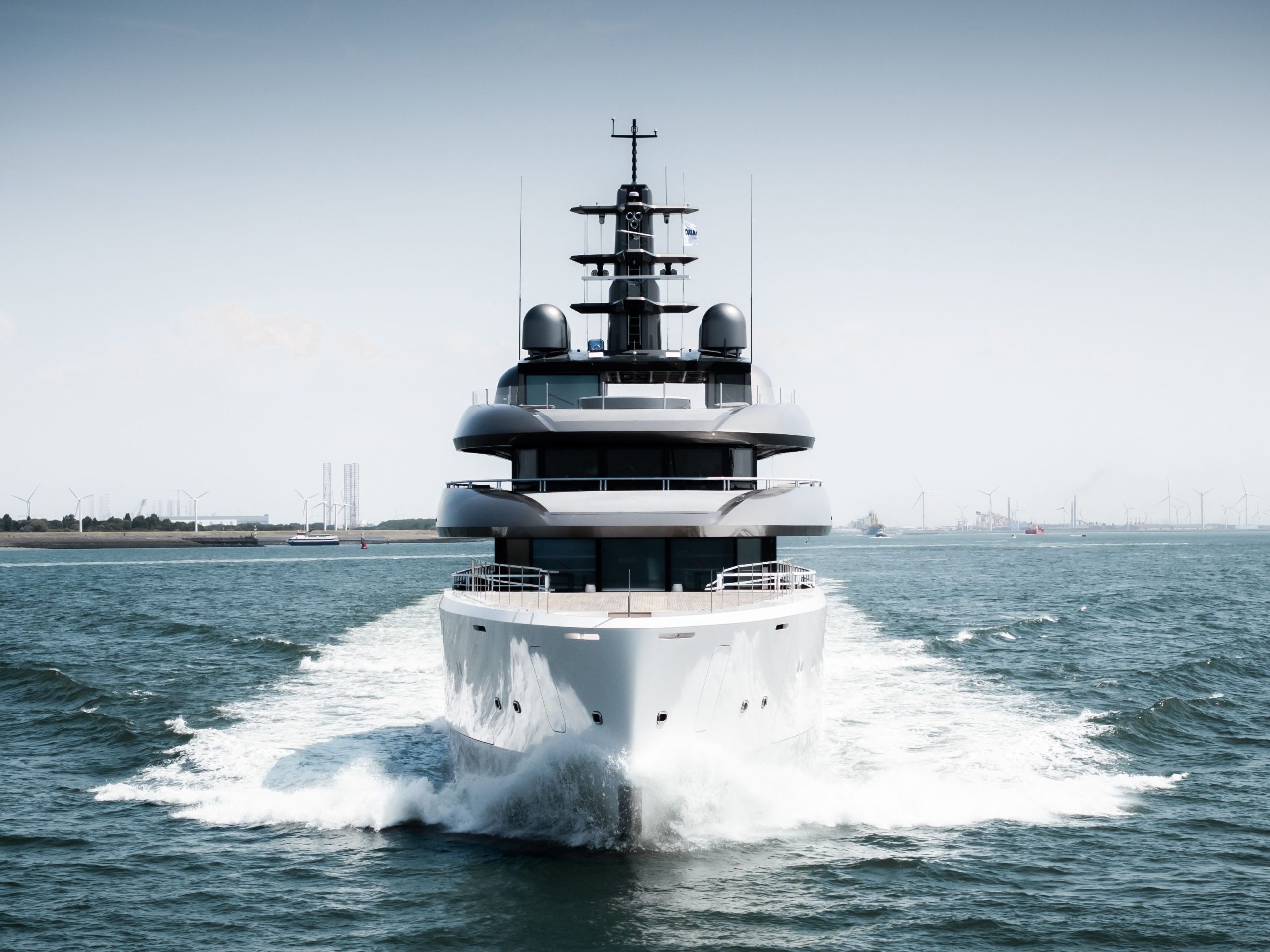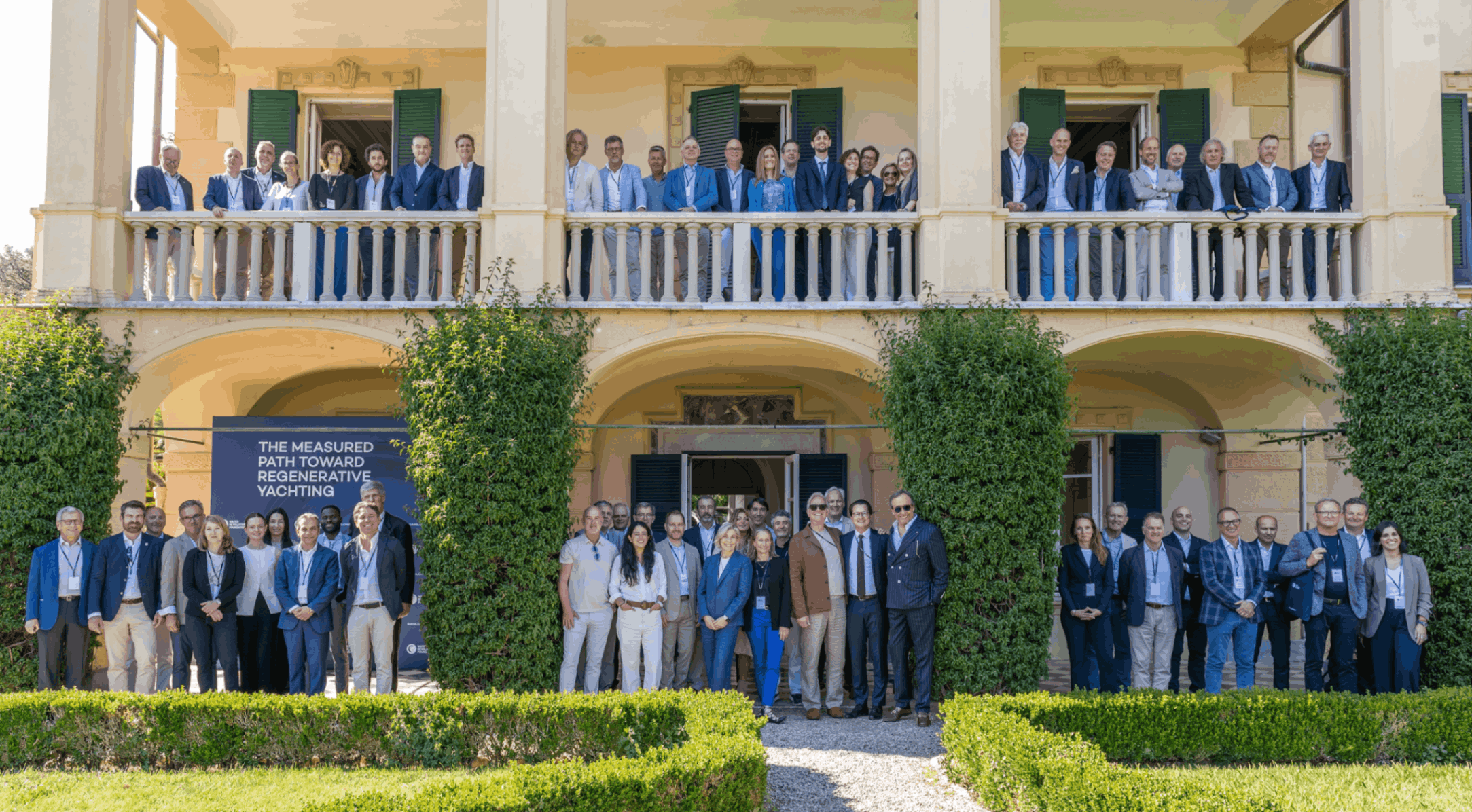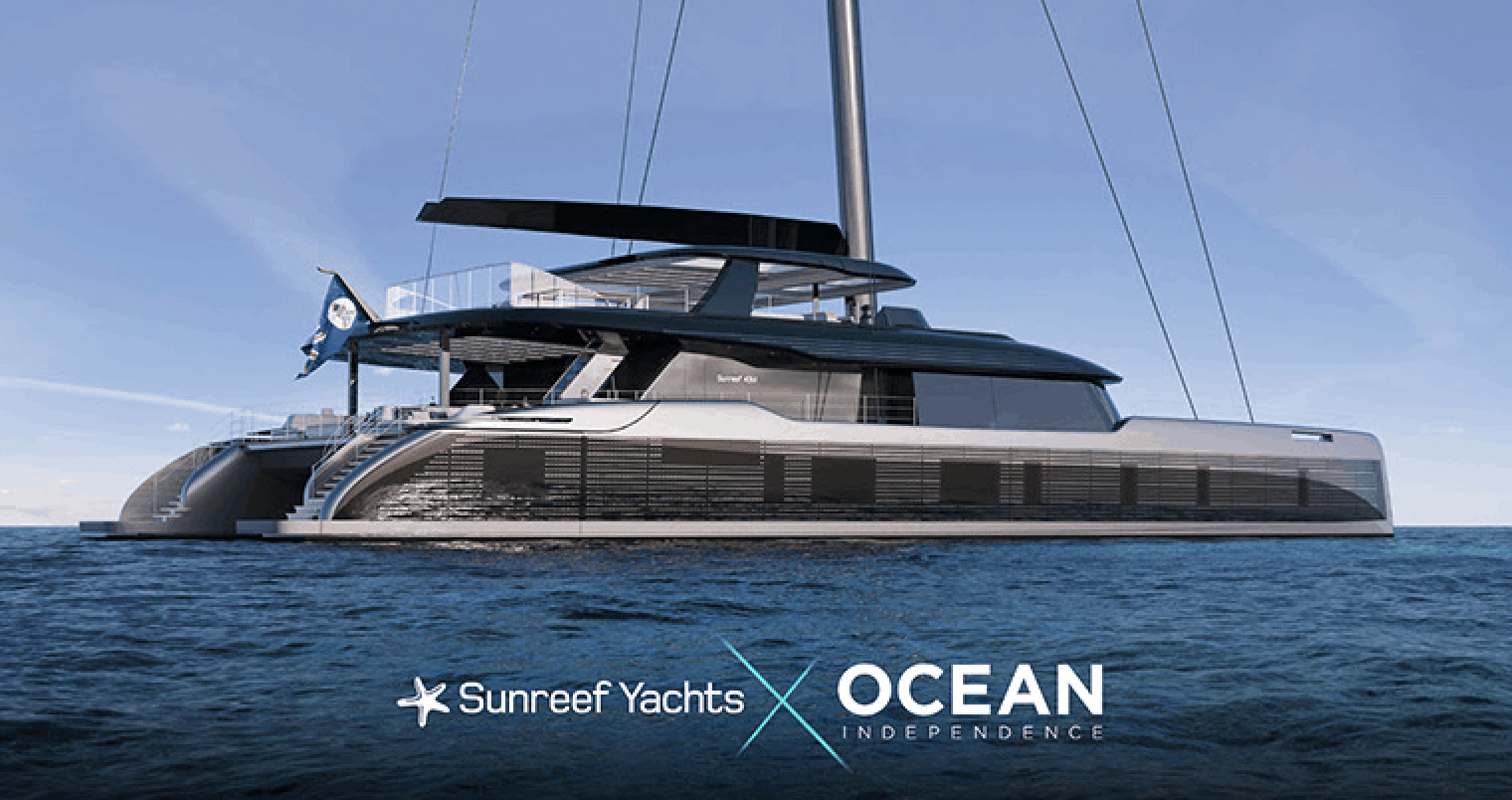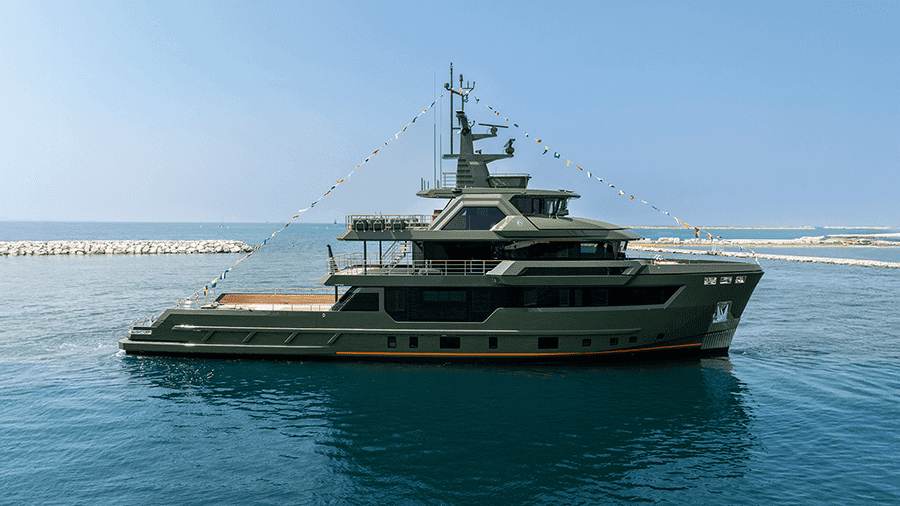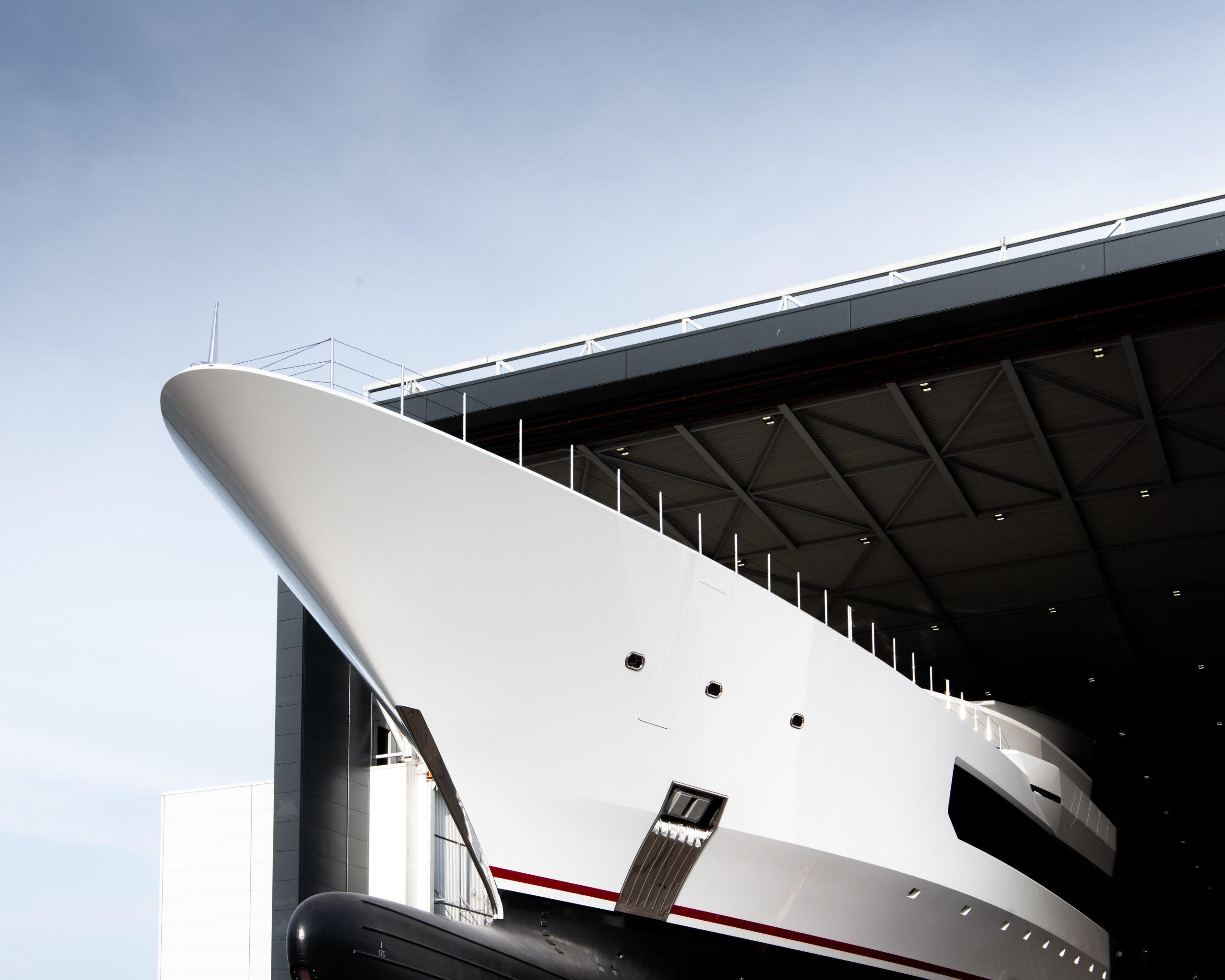The all-new all-aluminium Montecristo 30 and Montecristo 43
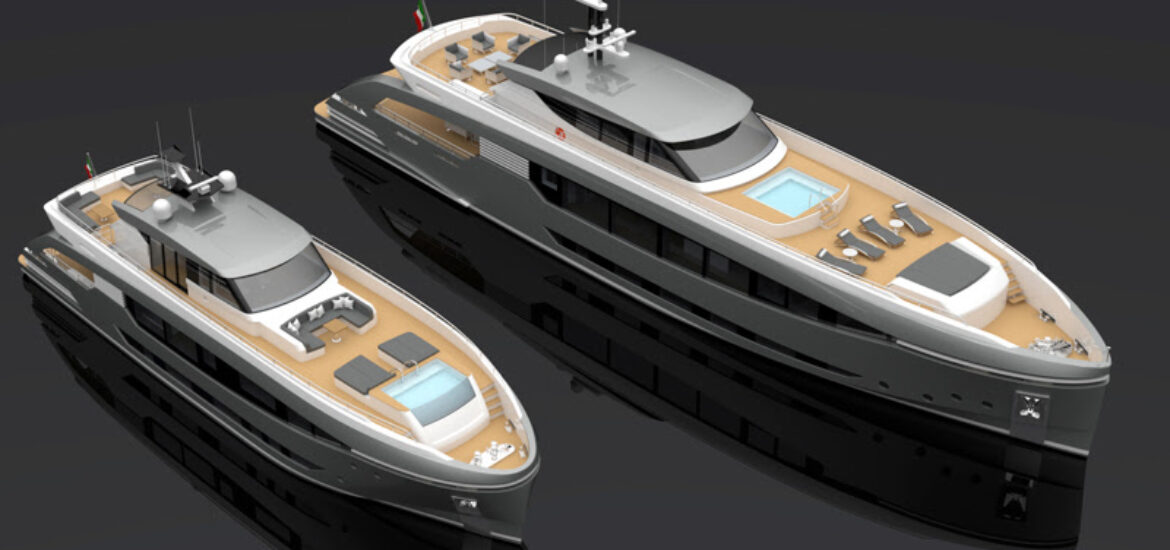
“The name was inspired by a beautiful island in the Tyrrhenian Sea that I can see from my summer home by the seaside,”says the Italian designer. “The island of Montecristo forms part of the Tuscan Archipelago National Park, but it’s best known as the setting for the novel ‘The Count of Montecristo’ by Alexandre Dumas”.
The two motor cruisers draw on Spadolini’s 40 years as a yacht designer, as well as feedback from his international clients. Created as a creative and fun exercise, the Montecristo series is the distillation of this experience and the designer’s reputation for creating timeless yachts with clean, sober and essential lines that are both classic and contemporary. Despite the difference in size and volume (under 200GT versus about 340GT), the designer has managed to maintain the same gracefully balanced proportions.
“The 30m and 43m represent the smallest and largest in an expandable series that meets the modern needs of the market,”says Spadolini. “It made sense to start with these as the styling and layout can be easily adapted to create models in between with the same design DNA.”
The purposeful exterior design is pure Spadolini. Certain features like the air-intake grilles, dark strip glazing and vertical bow, bear a strong family resemblance to other of his designs, such as 48-metre Aslec 4 built by Rossinavi. The elegant arches that connect the main and upper decks aft, on the other hand, are reminiscent of 27-metre Freedombuilt by CNN. But these styling motifs have been combined with new solutions to create something that is eye-catchingly different.
“Clients today expect outstanding liveability, both inside and outside,”says the designer. “So from the start I decided a distinguishing feature of the series should be a widebody main deck to maximise the interior space. Another request is that they want to be able to make full use of the foredeck, which became a second signature feature.”
Lower deck
The larger yacht has five comfortable guest cabins (3 VIPs and 2 singles) on the lower deck, with access from the main salon aft. The smaller 30m has two VIP suites amidships plus a single cabin accessed by a central staircase from the main salon. The 43m has forward accommodation for 6 crew and a captain’s cabin on the forward main deck with direct access to the wheelhouse above. The 30m can sleep 5 crew including the captain on the lower deck. Both models have a crew dinette and the 40m also has a dedicated laundry.
Main deck
The widebody main deck aboard the 43m is arranged along the port side and comprises a generous salon with bar, a separate dining room, the galley and adjacent pantry. The captain’s cabin is opposite the galley. The 30m has a smaller salon, galley and pantry, and a full-beam master stateroom forward with a large walk-in wardrobe and private day lounge.
Notable modern features of both yachts are the terraced aft decks leading down to the swim platform and the second open-air lounge with pool on the foredeck. On the 43m the pool area is just in front of the wheelhouse, whereas on the 30m it overlooks the mooring station.
A practical feature from an operation standpoint aboard both yachts is the crew door for provisioning from a tender or off-loading garbage. On the 43m this next to the crew stairs between the dining room and the galley, whereas on the 30m it leads directly into the main deck pantry next to the galley.
Sun deck
The 43m makes full use of the extra volume and elevated position to have the master stateroom on the sun deck behind the wheelhouse (a connecting door allows the owner to access the bridge directly from his suite, or crew to clean the room using the service staircase). A double door leading to the open aft deck provides both maximum privacy for the owner and a passageway for guests using the interior staircase to access the aft deck.
On the 30m enclosed sun deck is devoted to a brightly lit dining room with full-height sliding glass door on both sides and leading to the open aft deck.
Hybrid and renewable power options
Both yachts have an aft section on the sun deck made of glass that is designed to incorporate solar cells to provide auxiliary hotel power. The engine room is also configured with space for battery banks to allow silent, zero-emission manoeuvring or cruising at low speed in protected waters for limited periods.
“As a yacht designer, it’s my duty to look after the marine environment,”says Spadolini. “And I see more and more of my clients, perhaps encouraged by their children and grandchildren, taking a more proactive approach to sustainable yachting.”












